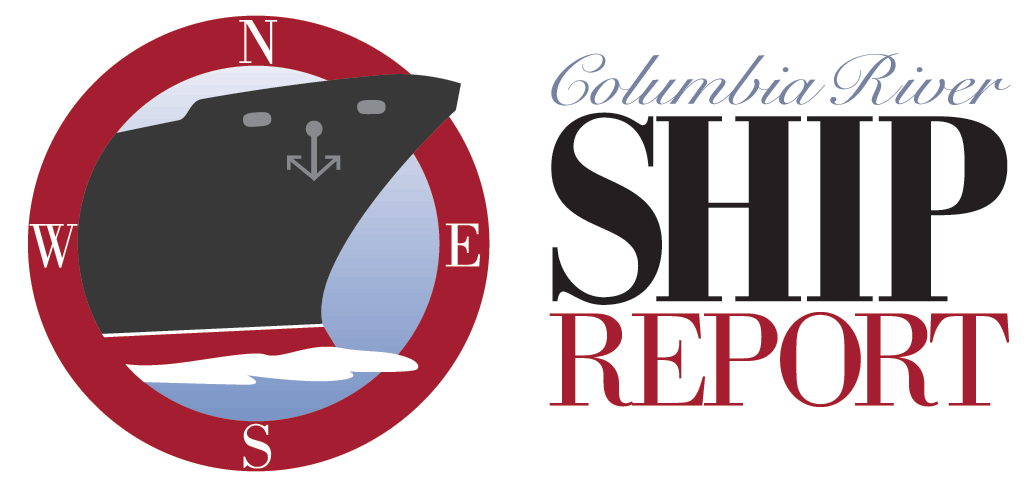
Feb 9, 2026 | Home Slider, Ship Report Podcasts
Today we’ll talk about a familiar sight these days on the waterfront: a ship with a plumb or straight up and down bow. There are reasons for this design feature, and we’ll talk about some of them.
Podcast: Play in new window
Subscribe: Email | | More

Feb 5, 2026 | Home Slider, Ship Report Podcasts
Today we have an vessel on the river, one of a type that we don’t see very often. She’s the HOS Black Watch, one of a kind of vessel that’s used in special projects worldwide.
It’s called an Offshore Supply Vessel – a jack of all trades craft that can assist with tricky offshore projects assisting oil rigs and other vessels with things they can’t do alone.
This compact ship has all the high tech bells and whistles, and a crew of experts on board.
Podcast: Play in new window
Subscribe: Email | | More

Feb 4, 2026 | Home Slider, Ship Report Podcasts
A new study published in 2025 by World Maritime University, says “persistently long working hours, limited opportunities for rest and shore leave, and high levels of work-related stress” among sailors is a matter of serious concern in the maritime industry. The survey included about 4500 respondents across 99 countries including the US.
Podcast: Play in new window
Subscribe: Email | | More

Feb 3, 2026 | Home Slider, Ship Report Podcasts
While we see ships pass by Astoria and other areas on the river, that’s only a fraction of their workday when they cross the Columbia River Bar. A transit can take and entire standard workday – 8 hours – a long trip for crews who have already spend several weeks at sea to get here.
Podcast: Play in new window
Subscribe: Email | | More

Feb 2, 2026 | Home Slider, Ship Report Podcasts
We see ships coming and going every day, and while they are interesting to look at, they also represent an important part of the wider web of global trade, and are responsible for bring us goods we use in our every day lives. So, ships are truly meaningful to you and me, whether we realize it or not.
Podcast: Play in new window
Subscribe: Email | | More

Jan 29, 2026 | Home Slider, Ship Report Podcasts
With rain, gales and elevated sea heights in the forecast, it’s another interesting opportunity to talk about weather and how it affects ships crossing between the vast ocean and the turbulent river.
Podcast: Play in new window
Subscribe: Email | | More








